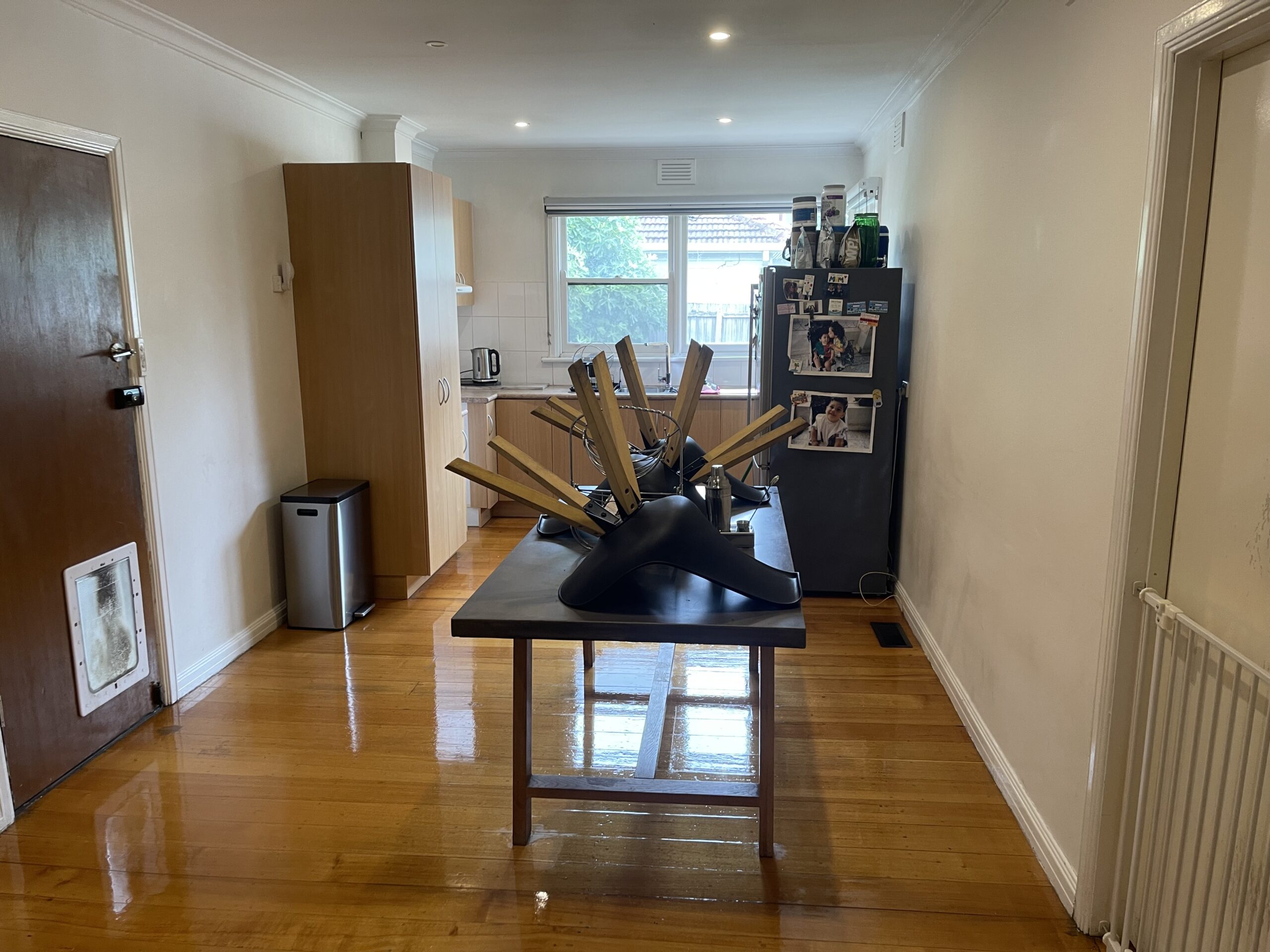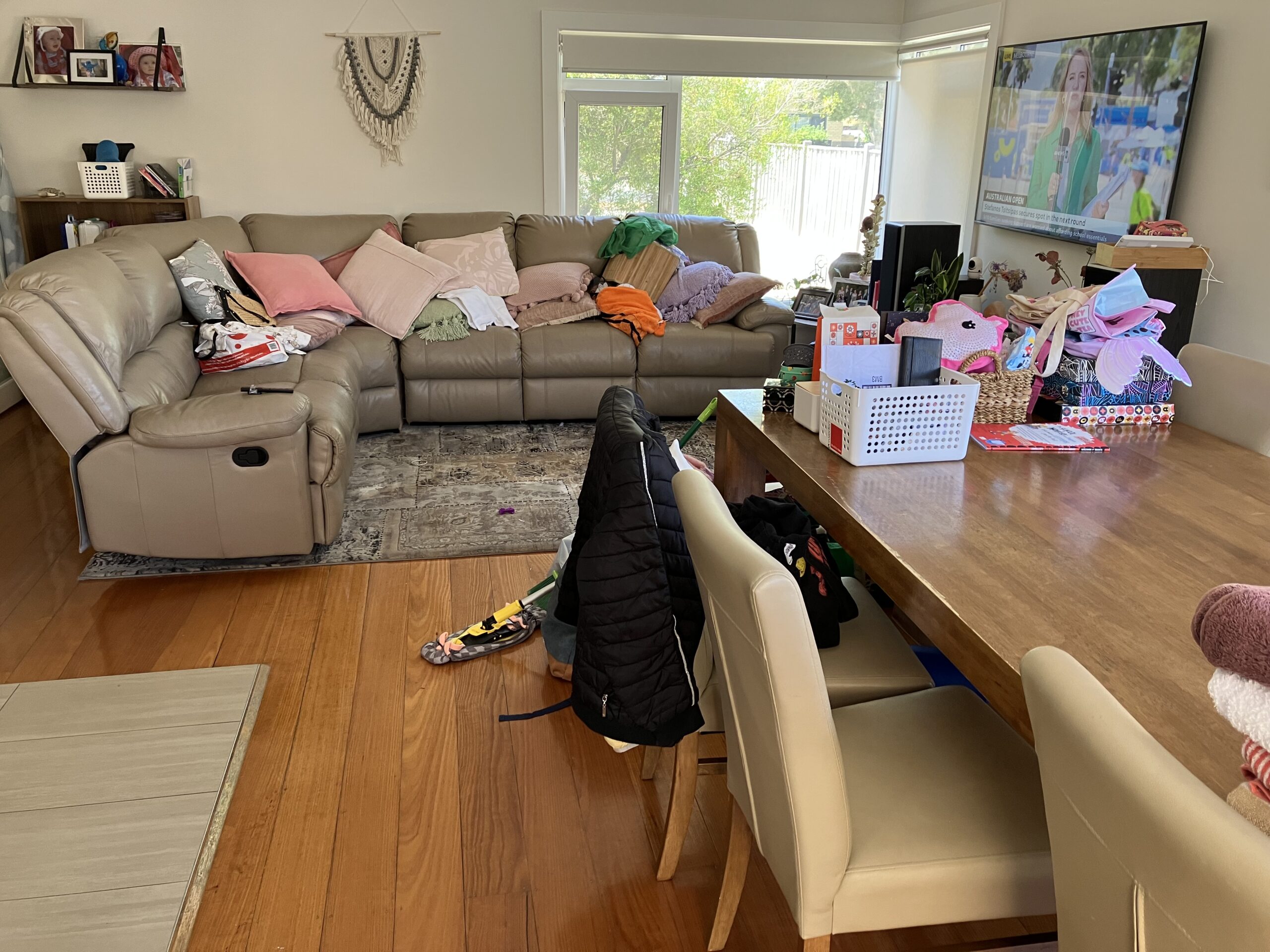In today’s fast-paced world, balancing career responsibilities, social obligations, and family life can feel like walking a tightrope for working parents. Each day, there’s a constant juggle between work deadlines, school drop-offs, household chores, and trying to carve out precious family time. The result? Overwhelm, exhaustion, and often, the nagging feeling that there just aren’t enough hours in the day. For many, the solution to this stress-filled lifestyle comes down to one game-changing concept: house management for working parents.
With a comprehensive approach to maintaining a home, a well-executed house management plan can be the anchor that keeps busy parents grounded. It’s about creating a home that runs efficiently, where all the moving parts of a household—from meals and laundry to school projects and family activities—flow seamlessly. In this guide, we’ll explore the key components of effective house management, how it can revolutionise the daily lives of working parents, and what steps to take for a more organised home for busy families, calm, and happy home environment.

What is House Management?
House management goes beyond basic cleaning and organising. It’s a holistic approach that ensures every aspect of the household is systematically maintained, structured, and supported. It involves a dedicated focus on chores, meal planning, family routines, home maintenance, and time management, all aimed at reducing daily stressors for families.
At its core, effective house management means establishing routines, setting priorities, delegating tasks, and sometimes, enlisting professional help. For working parents, it’s the key to maintaining balance and creating an environment that supports productivity and family bonding, without the constant stress of unmet household demands.
Why is House Management Essential for Working Parents?
Working parents face unique challenges when it comes to maintaining a home. A 9-to-5 (or longer) workday doesn’t leave much room for deep cleaning, grocery shopping, laundry, and other time-consuming tasks. The pressure to ‘do it all’ often leads to burnout, which impacts not only productivity at work but also the quality of time spent with family.
House management provides structure, and with structure comes the peace of mind that nothing essential will fall through the cracks. It ensures that the home remains a sanctuary rather than another source of stress. With a sound house management system in place, parents can enjoy more of life’s moments, feeling confident that everything at home is taken care of.

Key Components of Effective House Management
1. Organisation and Decluttering
One of the foundations of a well-managed home is an organised, clutter-free space. An organised home for busy families minimises chaos and makes it easier for family members to find what they need, when they need it.
- Declutter Regularly: Set aside time each month to review and remove items that no longer serve a purpose. Donate, recycle, or dispose of unnecessary items to keep the home environment fresh and functional.
- Create Designated Spaces: Assign specific places for common items—keys by the door, school bags in the entryway, and toys in a dedicated play area. Knowing where things belong will save valuable time and reduce frustration.
- Use Storage Solutions: Invest in smart storage solutions, like labelled bins, drawer organisers, and shelving units, to keep items out of sight but easily accessible.
2. Scheduling and Routine Building
Establishing household routines for working parents is crucial for ensuring that essential tasks get done consistently and efficiently. Routines reduce the need to make daily decisions, saving time and mental energy for parents.
- Daily Routines: Develop simple daily routines for tasks like washing dishes, sorting mail, and tidying up living spaces. A quick 10-minute evening routine can make the next day start on a high note.
- Weekly and Monthly Schedules: Set a regular schedule for deeper cleaning, grocery shopping, and laundry. Knowing when these tasks will happen allows parents to plan around them and avoid last-minute stress.
- Family Meetings: A weekly or fortnightly family meeting helps set expectations, assign chores, and review everyone’s activities for the week. It also opens a dialogue where family members can voice needs or concerns.
3. Meal Planning and Prep
One of the most time-consuming yet essential tasks for families is meal preparation. With a little planning, however, dinner time can go from a last-minute scramble to a predictable, relaxed family gathering.

- Plan Ahead: Dedicate one day a week to plan meals and create a shopping list. Consider preferences, dietary needs, and weekly activities that may impact dinner time.
- Batch Cooking: Cooking in bulk or preparing ingredients in advance (chopping vegetables, marinating meats) can save significant time throughout the week.
- Use a Meal Schedule: Designate themes for different nights (like Meatless Monday or Pasta Thursday) to simplify decision-making.
4. Cleaning and Laundry Systems
The cleaning demands of a family home can quickly become overwhelming, but a systematic approach can make it manageable.
- Develop a Cleaning Routine: A cleaning schedule divides tasks into manageable daily, weekly, and monthly jobs. For instance, vacuuming might be a weekly task, while dusting and wiping down surfaces could be daily habits.
- Laundry Days: Designate specific days for laundry to prevent pile-up and ensure clean clothes are always ready.
- Professional Help: For deep cleaning or specialty tasks, such as carpet or upholstery cleaning, consider hiring a professional service. It saves time and ensures a thorough job.
5. Delegating and Outsourcing
For working parents, taking on every single household responsibility is unrealistic. Delegation—both within the family and by hiring outside help—is key to maintaining a balanced household.
- Involve the Family: Kids can take on age-appropriate chores, such as setting the table, watering plants, or folding laundry. A shared responsibility system teaches teamwork and life skills.
- Hire a House Manager: A house manager is like an orchestrator of the home. They can coordinate cleaning, shopping, organising, and even handle unexpected situations. For working parents, having a house manager means peace of mind, knowing that someone reliable is managing the details.
- Enlist Professional Services: From regular cleaning to meal preparation, many tasks can be outsourced. House managers can even coordinate these services, ensuring smooth operation.
Benefits of a House Manager for Working Parents
Hiring a house manager is a transformative decision that allows parents to focus on work and family while leaving household operations to a trusted professional. Here are some of the key advantages of having a house manager:
- Time Savings: With household tasks off their plate, parents can devote more quality time to their children, hobbies, or self-care.
- Consistency: A house manager ensures that daily and weekly routines are followed meticulously, maintaining a tidy, organised home.
- Stress Reduction: Having a go-to person for household matters relieves parents from the mental load of managing every detail.
- Enhanced Family Life: When parents are less stressed and have more free time, they’re able to be fully present during family time, fostering stronger relationships.
Building a Sustainable House Management System
Implementing a house management system doesn’t happen overnight. It requires planning, consistency, and a commitment to small changes that lead to big improvements. Here’s how working parents can start building a sustainable system:
- Identify Pain Points: Focus on the areas that cause the most stress, such as clutter, meal times, or cleaning.
- Prioritise: Recognise that some tasks are more essential than others. Begin by prioritising what makes the most impact, and address smaller details as time permits.
- Set Realistic Goals: Establish achievable milestones. For example, start with organising one room or establishing one new routine at a time.
- Evaluate and Adjust: Check in regularly to assess what’s working and what isn’t. Flexibility and adaptability are essential, as family needs evolve over time.
- Celebrate Progress: Each step forward is worth acknowledging. A tidy pantry, an organised schedule, or a peaceful family dinner are all signs of success in house management.
FAQs about Key to a Smooth-Running Home for Working Parents
What is a house management service, and how can it help my family?
- A house management service is a comprehensive approach to maintaining and organising your home. It covers daily routines, cleaning, meal planning, and more, ensuring your household runs smoothly so you can focus on work, family, and relaxation.
How is a house manager different from a regular cleaner?
- Unlike a cleaner who focuses primarily on tidying and cleaning tasks, a house manager oversees all aspects of home management, from meal prep and laundry to coordinating repairs and managing schedules. It’s a full-service solution for busy households.
Who would benefit most from a house management service?
- House management is ideal for busy working parents, professionals, or anyone struggling to balance work, family, and home responsibilities. It’s particularly valuable for those wanting a stress-free, well-organised home environment.
What specific tasks does a house manager handle?
- A house manager can manage cleaning, laundry, meal planning and prep, grocery shopping, home organisation, scheduling household maintenance, and even arranging family routines to keep everything on track.
Can a house manager assist with meal planning and grocery shopping?
- Yes, house managers often handle meal planning, grocery shopping, and meal prep, ensuring your family enjoys nutritious meals without the daily stress of planning and cooking.
How often does a house manager visit?
- The frequency of visits is flexible and can be tailored to your family’s needs, whether you prefer daily visits, weekly help, or support only during particularly busy times.
Is it possible to customise the services of a house manager?
- Absolutely. House management services are designed to be customised based on your family’s unique needs, routines, and preferences. Just discuss your requirements, and a plan can be created just for you.
Can a house manager help with home organisation and decluttering?
- Yes, many house managers are skilled in home organisation and can assist with decluttering, creating storage solutions, and establishing order in high-use areas like kitchens, closets, and playrooms.
How does a house management service help reduce family stress?
- By handling time-consuming household tasks and establishing organised routines, a house manager allows you to focus on quality family time and personal priorities, reducing daily stress and helping your home feel more relaxed.
How can I get started with a house management service?
- Getting started is easy! Contact Clean House Melbourne at 03 8583 9102, email info@cleanhousemelbourne.com.au, or visit cleanhousemelbourne.com.au to discuss your needs and explore a service plan that suits your lifestyle.
Ready to transform your home into a stress-free sanctuary? Call 03 8583 9102, email info@cleanhousemelbourne.com.au, or visit cleanhousemelbourne.com.au today to learn how expert house management can make a difference for your family!


 Email Us
Email Us Whatsapp
Whatsapp


